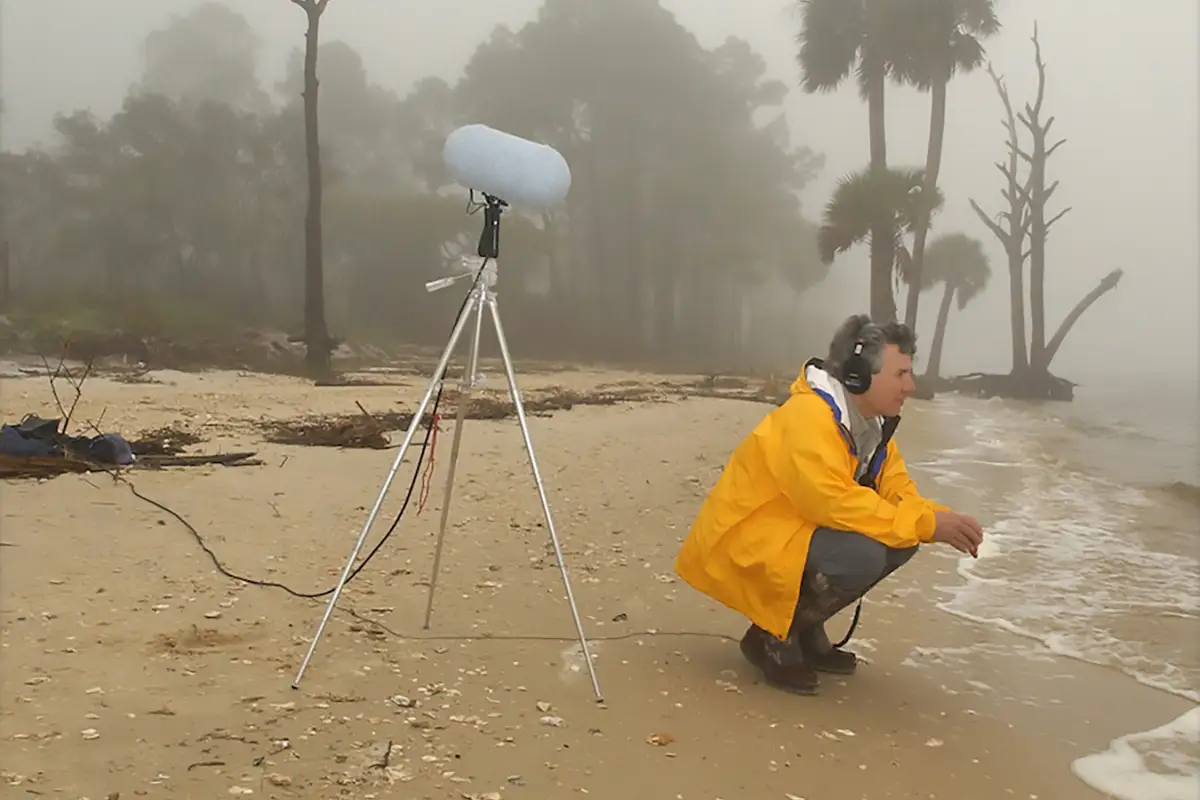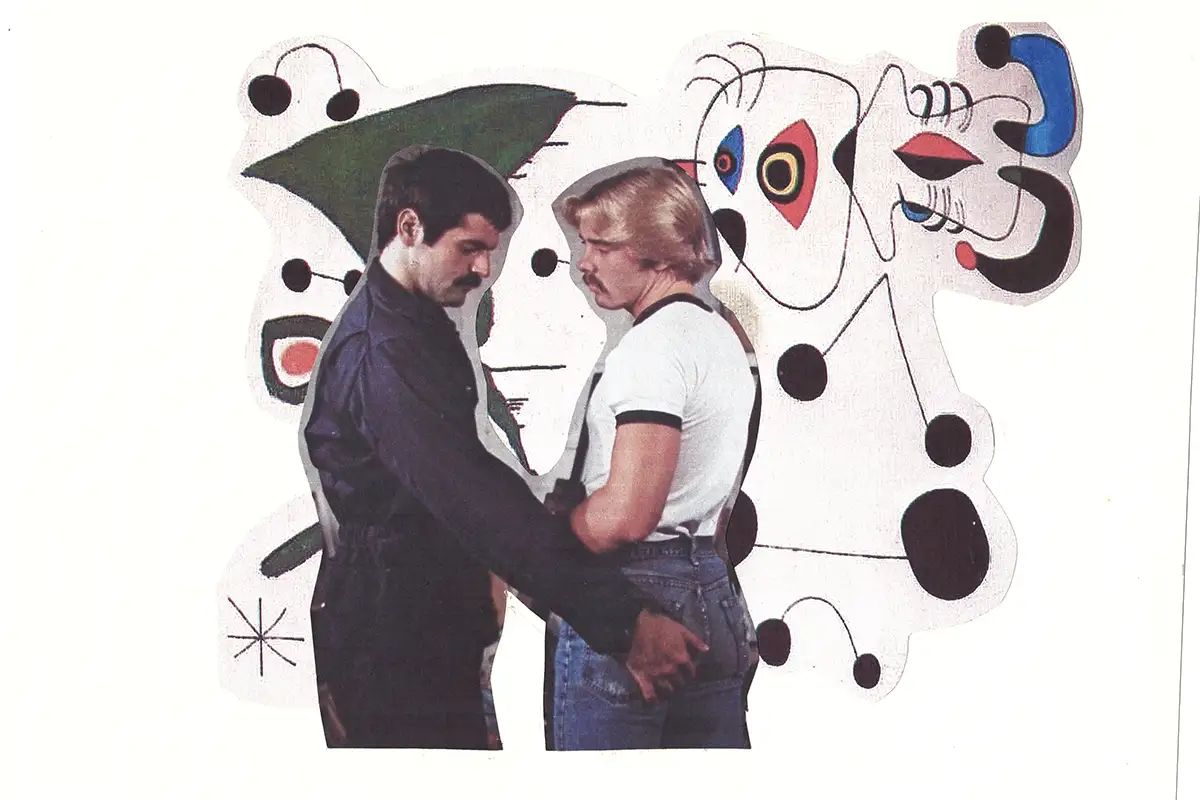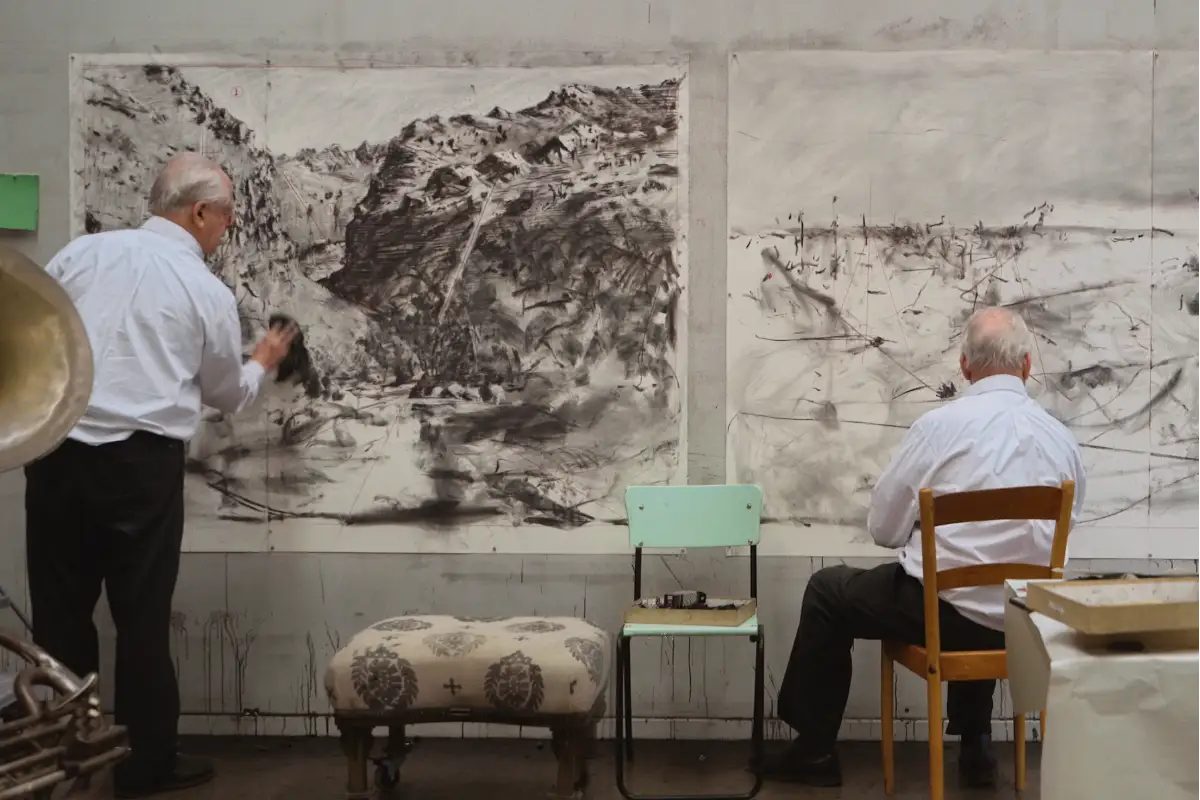The mix of instrumental hip hop and ambient music recalls the beginnings of Populous as a producer and his debut in the international electronic scene
Populus new album Stasi
In June 2021, about a year after his previous W, Italian producer Populous – stage name for Andrea Mangia, born in Lecce – released a new album, called Stasi, via La Tempesta International music label. As the work title seems to suggest, Stasi could be the result of the past months of global lockdown, self-isolation, and stillness, as if it were the fruit of a pandemic genesis.
Some moments can be productive despite negative circumstances, but as Populous is keen to emphasize: «This record didn’t have lockdown as its starting point. I want to be clear about that because I don’t want to tie the result of my creative process to such a negative element». Sound and mood of Stasi recall the beginnings of Populous as an electronic musician and his early days at Berlin label Morr Music. «I made a record that I have wanted to do for years. This mix of instrumental hip hop and ambient music is the genre of my debut in 2003-2004, I liked the idea of going back to basics, to my origins. I had no intention of linking my music production to the pandemic, it has been a matter of timing».
Music for meditation
Just as W, his previous dance album, full of global influences and special contributions from many artists, was appearing on digital platforms and in record stores, the dancefloor was abandoned, the club were closed, the breath of day and night changed for a while.
«I found myself in the middle of nothing, alone in my house in Salento, and the only thing I could do was to keep the sea, the place where I was born and raised, and everything around me, as a creative push». Music as a therapy for the soul, that is the concept. «I discovered again the healing power of a certain genre of music. Dance music allows to express and release physicality and body contact, but ambient music could be meditative, and it could cure people in a completely different way. As a lover of ambient music for years, during my self-isolation I found it curative, for me in first place, to regain possession of certain sounds, production methods and working practices. It was relaxing, indeed, and I hope that it could be the same for who will listen to my new tracks».
The word ‘stasis’ is the opposite of speed, movement, evolution. The meditative intention is evident in this album, which tries to encourage reflection and thoughts. «I hope that people will listen to this album to take a break, while reading, doing yoga, walking outside, even while cleaning the house or washing the dishes». The album will be accompanied by a forty-five-minute video showing a session of Qigong (or chi kung), a system of coordinated body-posture and slow-flowing movement, meditation, and deep rhythmic breathing, used for the purposes of health, spirituality, and martial-arts training. In Asia, particularly in China, is it a practice used to cultivate and balance qi (or chi), identified as ‘life energy’. The music video will be in the form of a tutorial, with a downloadable pdf document, so everyone will be able to follow and repeat the movements of the session.
Lampoon talks to Populous
In the album you can also feel the influence of Salento, of the sea and the wind. Mangia needs to give a context to his sonic ideas, to the musical world that he has shaped in his mind.
«For the making of my album Azulejos, I had been in Lisbon for a couple of months to explore the city and be surrounded by its atmosphere and its culture and all the cultures it embraces from Brazil, to Latin America, to Africa. Lisbon is a melting pot of different people and cultures. For Stasi, Salento has been the starting point, so the inspiration for the song’s titles came from my life there. The landscape is where I draw the most inspiration, so also when I find it in places that are physically far from me, I need to see them in my mind and to work with my imagination».
But Salento, and especially Lecce, is not just any place. «Lecce is my home. In that city I feel at home in, even if I grew up in the suburbs. When I left my parents’ house, after moving a bit from town to town, I got a house in Lecce».
South American rhythms
Mangia conceives music as a global and contaminated matter, something to mold with different influences. Inspiration can come from all over the world, depending on the moment and the project, but it is evident that he is fascinated with South American traditions and folklore, especially its rhythms.
«South American music captured me many years ago. My first impact with that world was pure shock: I discovered a new rhythmical world. It is harder to explain it than to feel it: it is about a vibe; it is a rhythm that is as simple as it is engaging. There is a swing, or a shuffle, in some styles like reggaeton, cumbia or baile funk, which is unique and captures your body, it makes you move even at low speed. It is something that you cannot feel with dance music, for example house music, because it needs high bpm. Instead, South American rhythms make you move just by playing a small percussion like guiro, that is distinctive in cumbia rhythmic pattern. It is something magic».
Instead of being the result of a cultural appropriation, his work is a sincere tribute to that music culture. «I was one of the first, at least in the Italian scene, to recognize a broader and deeper value to that music than that widely exploited by mainstream music. Now I am forced to distance myself from what has become a cauldron».
Personal is political, social is personal
Populous previous album, W (where W stands for women) is a sort of transfeminist manifesto. For the first time the Italian producer expressed an explicit opinion about current issues like human rights, gender equality, women empowerment. It was a bold choice in a record industry which is still sexist and patriarchal.
«I took a risk for my career, but I could not tolerate that, even in 2020, the music and show business was so unfair and uncomfortable for women and minorities. It should be progressive, ahead of its time, free of prejudice. So, mine was a tribute to femininity and to the power of the feminine, which brings a high value to art and music. For the first time I thought about the political value that my music could have; the concept of the album came first and then I composed the songs. I involved many Italian and international artists that I respect and consider my friends, so this helped me reveal more of myself as a person, not only as an artist. In that album you can find more about Andrea, and not just about Populous as a dj».
It is not easy to find a balance between private life and public profile, because Mangia is discreet, reserved, and he does not like to show himself and his daily life on social media. His communication is essential, reduced to the minimum and careful. This attention is also reflected in the artworks of his records, designed by notable artists and illustrators.
«For each album I create an original musical world, a new sonic universe, but for me it is difficult to find the right correspondence between this world and concrete elements, so photography is not adequate to describe my imagination. The intellectual exchange and the collaboration with illustrators can offer me a more accurate way to express the meaning of my music, just as the artist Alessandro Cripsta was able to do for Stasi and for all its singles artworks. He interpreted the confused and blurry images that I had in my mind, designing dreamlike and Fellini-like illustrations. He found the perfect connection between sound and imagine». In Mangia’s world music – listening to it, making it – is as indispensable as air, but the dancefloor is not necessary. It is better to wait, until we will be safe and sound.
Populous – Andrea Mangia
Populous, stage name for Andrea Mangia, is a DJ and producer hailing from Lecce, in Southern Italy. He debuted in 2003 with the Berlin record label Morr Music. He has been creating music ever since, mixing his love for electronic music with influences from other cultures, like he did in his album Azulejos. In 2020 he came out with the album W where he expressed an explicit opinion about current issues like human rights, gender equality, women empowerment. In June 2021 he released his latest album Stasi.




















